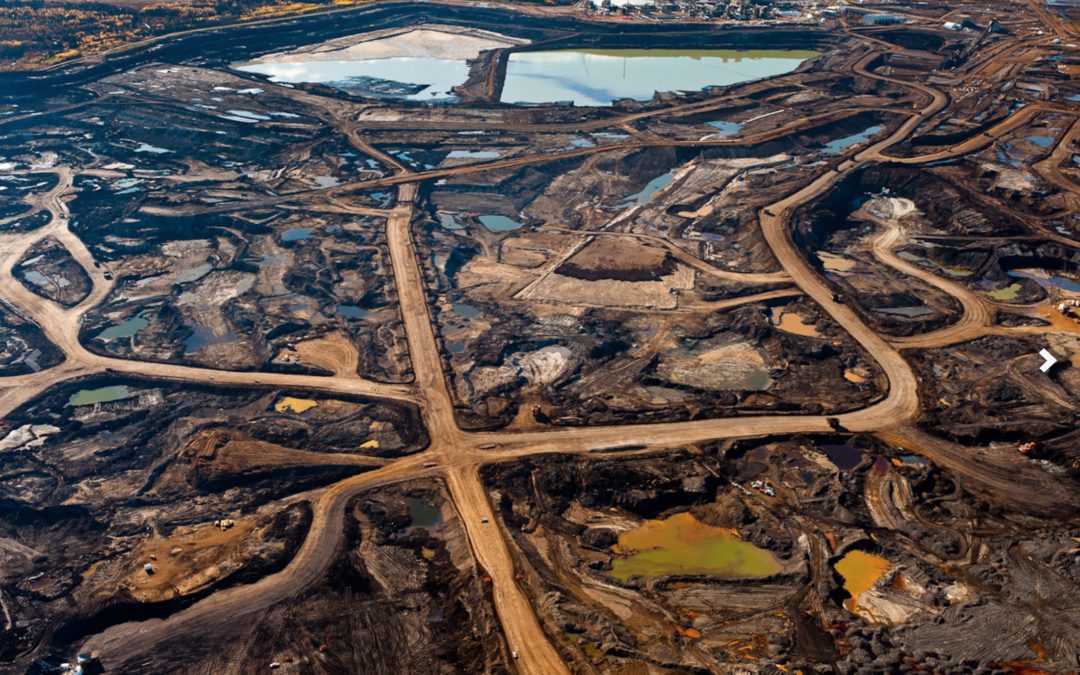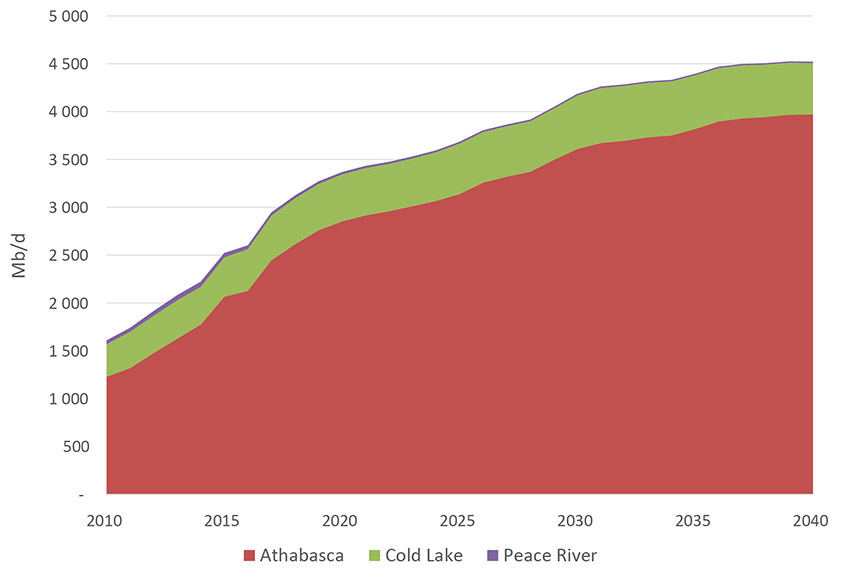SOURCE: Sightline
DATE: June 7, 2018
SNIP: It seems likely that the Canadian province of Alberta—home to a massive tar sands industry that produces some of the globe’s dirtiest and most polluting oil—has put the Pacific Northwest in its crosshairs. The province is partnering with the Canadian government to ram through the expansion of the Trans Mountain pipeline, a 715-mile conduit that would carry up to 890,000 barrels of oil per day from the Canadian interior to southwest British Columbia. Much of that oil would be exported by tanker from a port just outside Vancouver—resulting in a seven-fold increase in oil tanker trips from the Port of Vancouver into the Salish Sea. Additional tar sands oil would make its way south to Puget Sound refineries, via a 69-mile pipeline called the Puget Sound Pipeline (PSP).
…
But hidden in the details was a surprising fact: the Canadian government intends to buy not only Trans Mountain, but also the Puget Sound Pipeline.
Strikingly, this means that the government of Canada is poised to become the sole owner of an oil pipeline feeding Washington State refineries. Even more troublingly, Kinder Morgan has been telling investors for years that it is considering doubling the capacity of the Puget Sound Pipeline.
…
In light of the undeniable fact that tar sands oil produces far more climate-warming emissions than other types of oil, Alberta’s commitment to boosting tar sands projects is nothing short of alarming. Today, the region produces about 2.8 million barrels of tar sands oil per day, or about a billion barrels a year. But if the Canadian government’s plans come to fruition, the region will step up production to 4 million barrels per day by 2030, and 4.5 million barrels per day by 2040. Production growth of this scale poses a massive and potentially insurmountable challenges to the fight to stabilize climate change.


